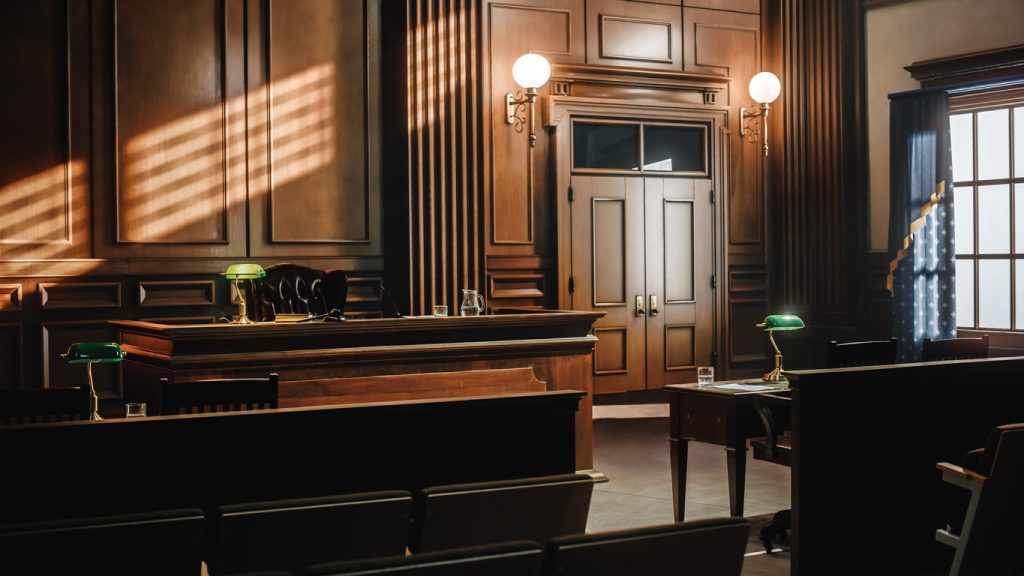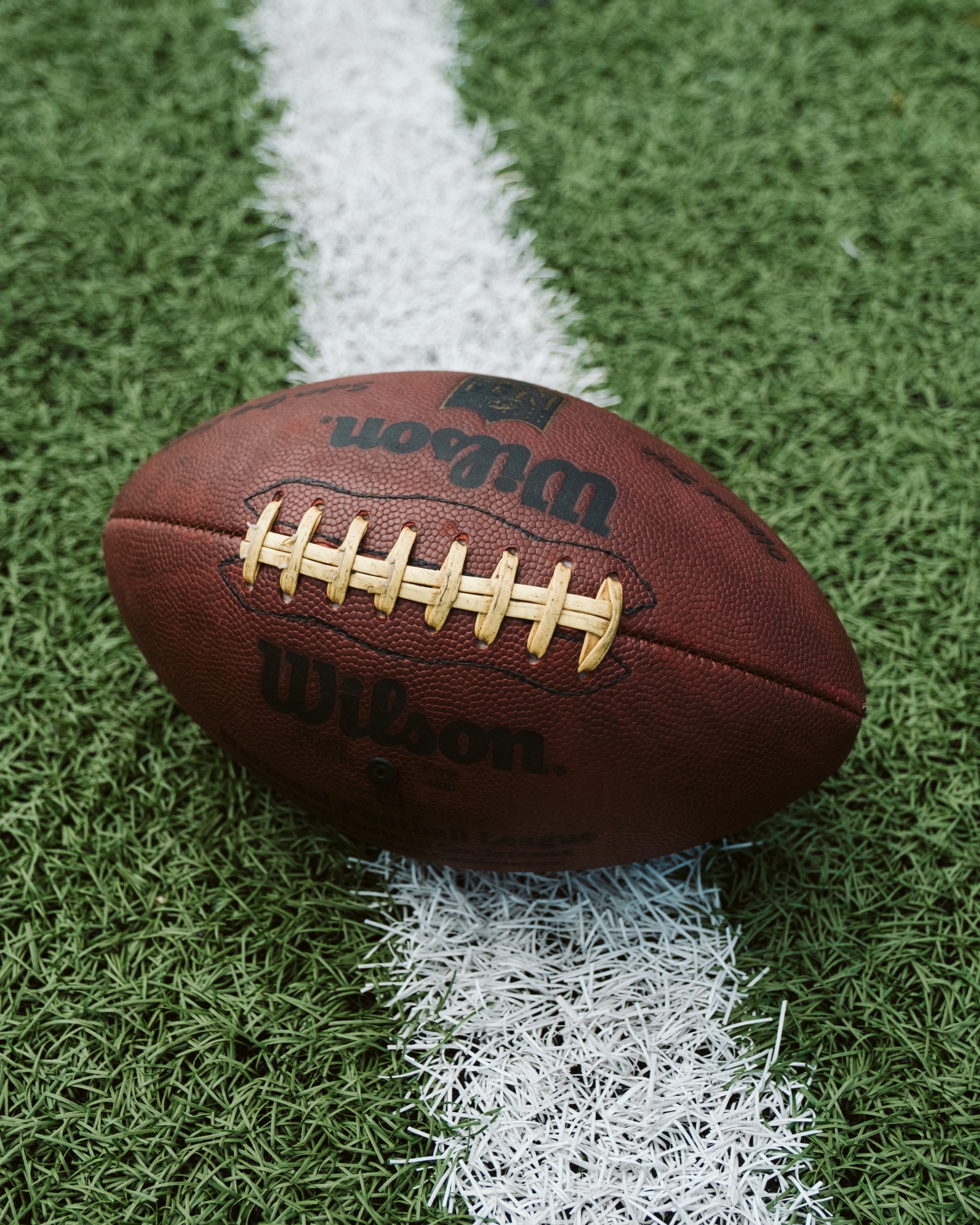If you’re a football fan, you probably know about the sexual-misconduct allegations against Houston Texans Quarterback Deshaun Watson. Watson, just a season removed from being one of the best and flashiest rising stars in the NFL, faces 22 civil lawsuits in which women accuse him of conduct ranging from improperly touching them during massages all the way to forced rape.
It’s important to understand that these 22 lawsuits are only civil cases. They are not criminal cases. While the two types of cases are related, without a criminal case, Watson doesn’t face the potential for jail time as of now. But, according to recent reports, that could change this Friday. As ESPN’s John Barr explains here, a grand jury is set to hear evidence against Deshaun Watson later this week.

How will the grand jury process work for Deshaun Watson?
If prosecutors are thinking about filing felony charges against Watson or anyone else in federal court (or in some state courts), they go through the grand jury process. Prosecutors present evidence to a group of people. That group is called a “grand jury.” The prosecutors may also call witnesses and, sometimes, even present an argument. Then the jury will vote in secret whether they think there’s enough evidence to charge Watson with a crime. You can read more about the federal grand jury process here.
The grand jury process might sound a little bit like court, but it’s actually quite different. Most juries have six or 12 people. Grand juries at the federal level have between 16 and 23 people. Unlike regular juries, grand juries don’t hear “both sides.” Instead, they only hear from the prosecution and witnesses that the prosecution calls. And those witnesses don’t have the benefit of an attorney. Ultimately, as long as 12 people agree the person should be charged, that’s enough for the prosecutor to move forward.
Additionally, also unlike regular court cases, grand jury proceedings are sealed. This means that only the people in the room can know what happens. In fact, even the person charged as a result of grand jury proceeding can often have trouble learning what took place. If you think this process sounds unfair and a little one-sided, you’re not alone. You can read criticisms about the process here, here and here.

What happens if Watson is indicted and faces charges?
It’s possible that the grand jury will hear the prosecution’s case and decide not to charge Deshaun Watson with any crimes. If that happens, he won’t face charges or be involved in any criminal cases. The 22 civil lawsuits will continue. But those won’t turn into criminal cases (unless state prosecutors decide to bring charges).
Frankly, that outcome is unlikely at best. As Dan Lust, a Sports Law Attorney, Professor New York Law School and Host of the Conduct Detrimental Podcast, explains here, “Watson is in trouble.” “From a statistical perspective,” Lust writes, “grand juries tend to indict far more often than not.” Lust goes on to quote “an expression among lawyers” that you should know: “A grand jury could indict a ham sandwich.”
The Takeaway:
Deshaun Watson is the subject of a grand jury proceeding on Friday. He’s already facing 22 civil lawsuits. If the grand jury decides to charge him, he’ll be in even more hot water. And, this time, that hot water could land him in prison. Because of how often grand juries choose to charge someone, the likelihood of Watson facing criminal charges is high. As Lust writes, “Watson is in trouble.”






